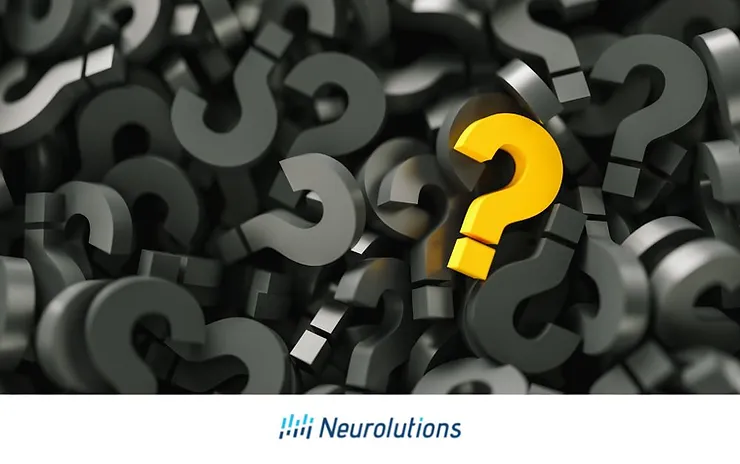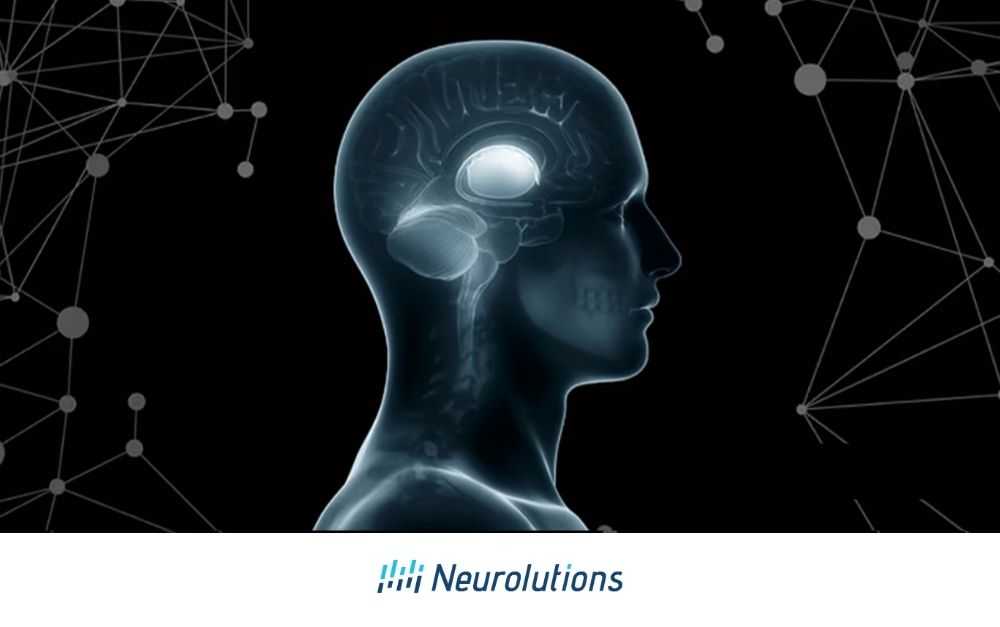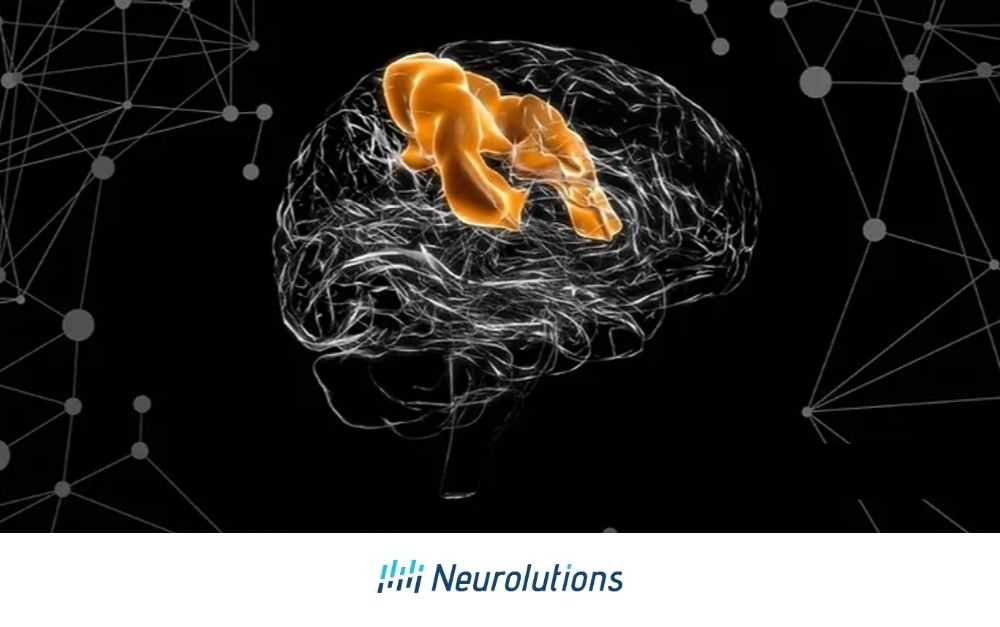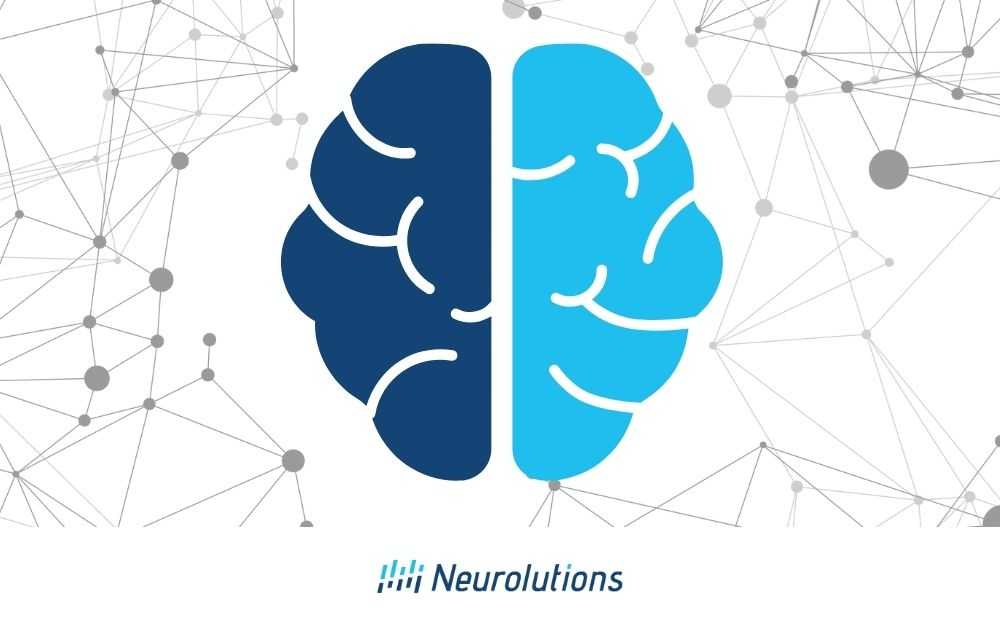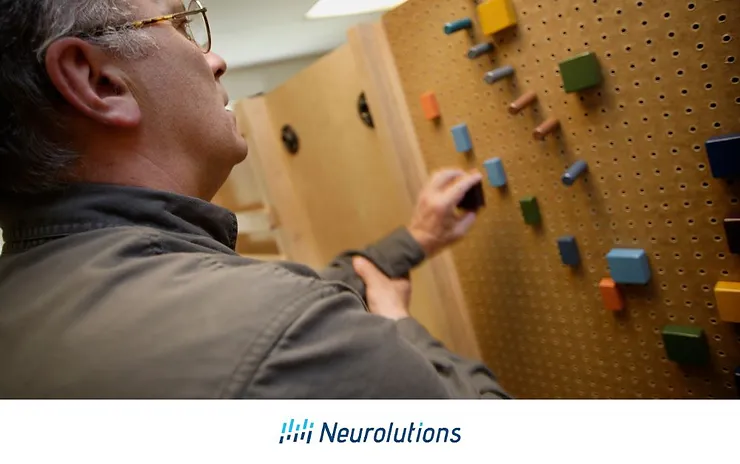What Is A Stroke? Strokes, also known as cerebrovascular accidents (CVA), occur when blood flow in part of the brain is interrupted, denying brain tissue oxygen and nutrients. Damage to or death of brain cells can occur within minutes of such an event. There is a wide...
